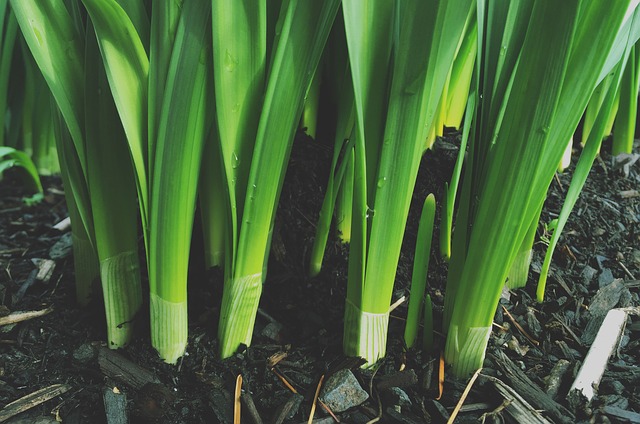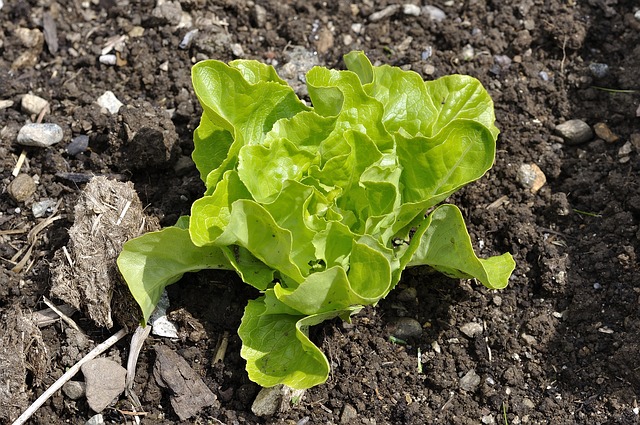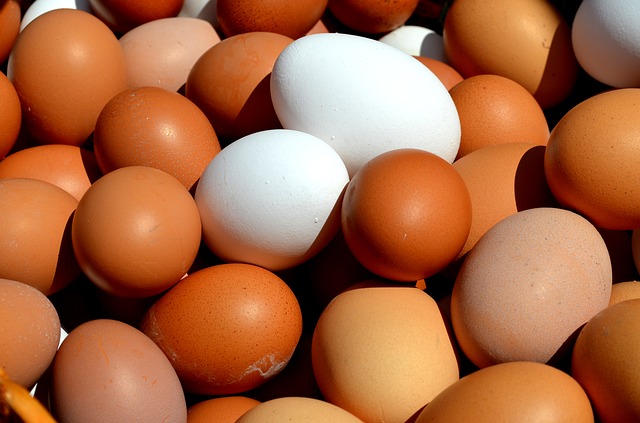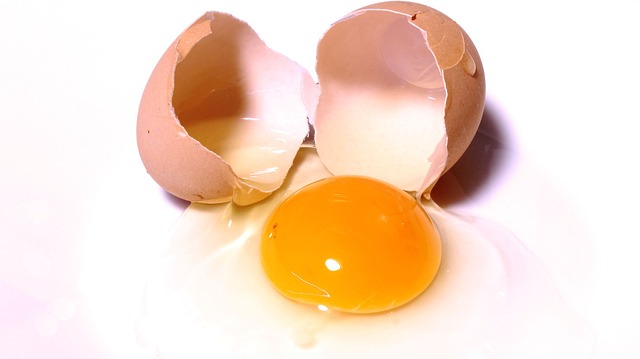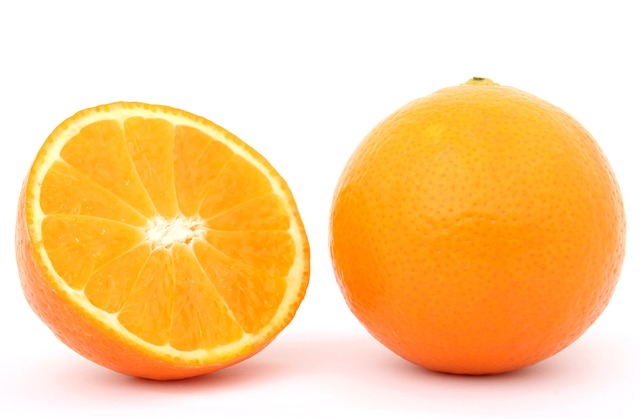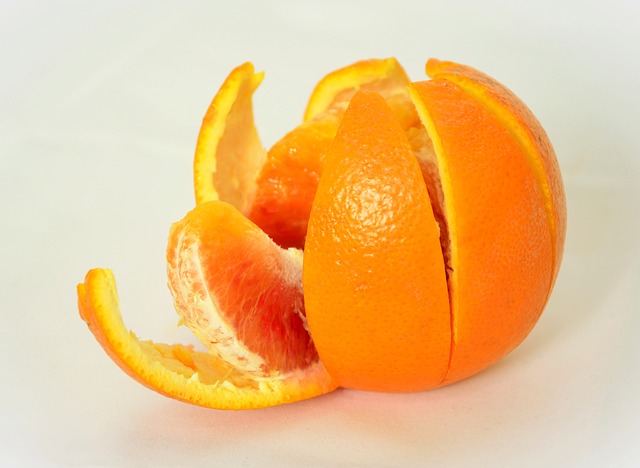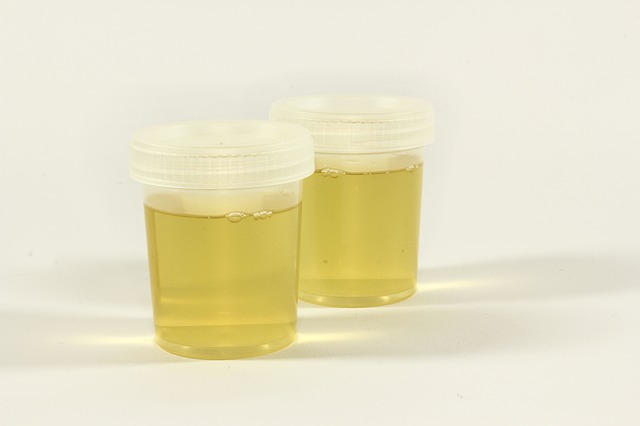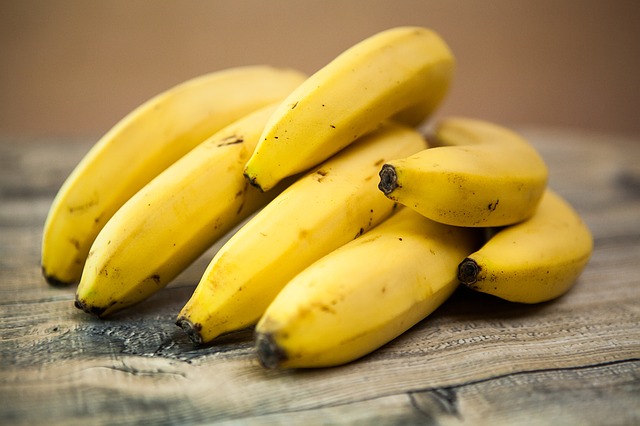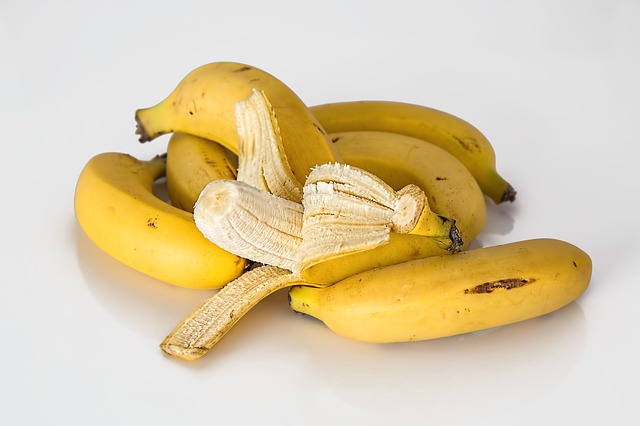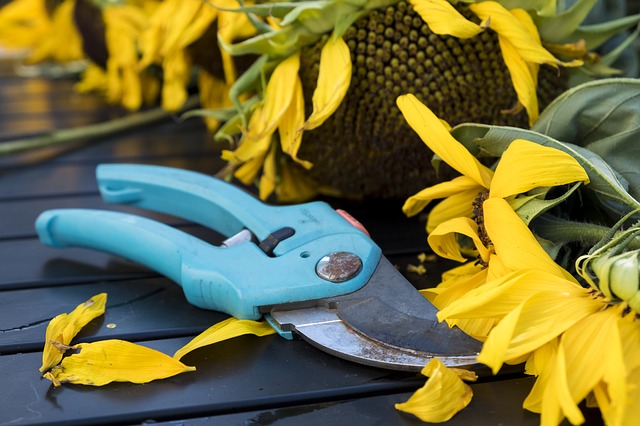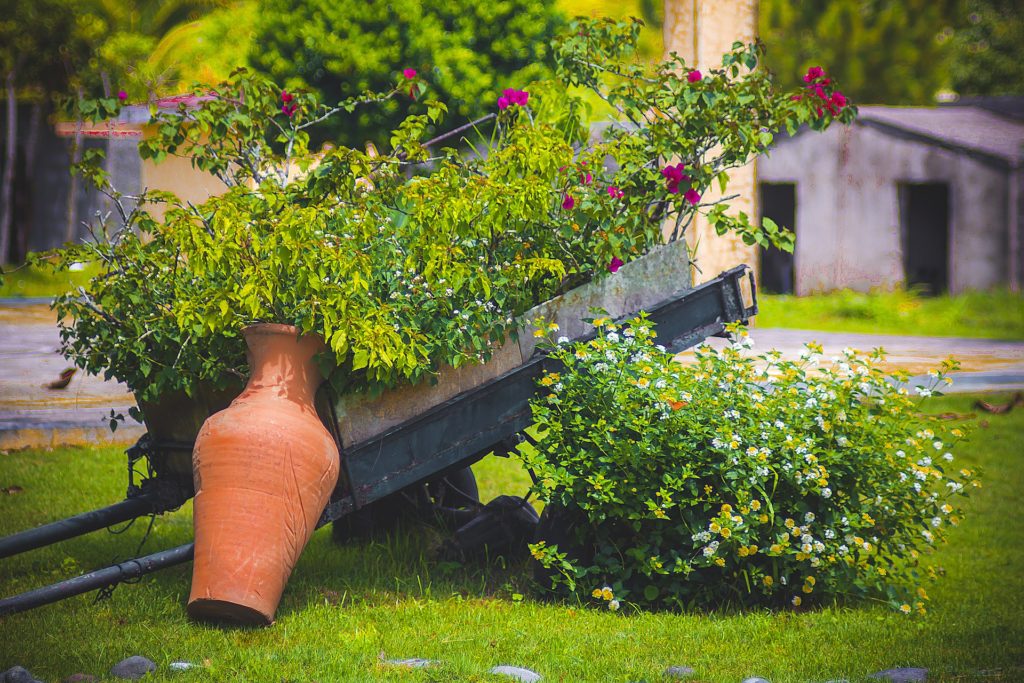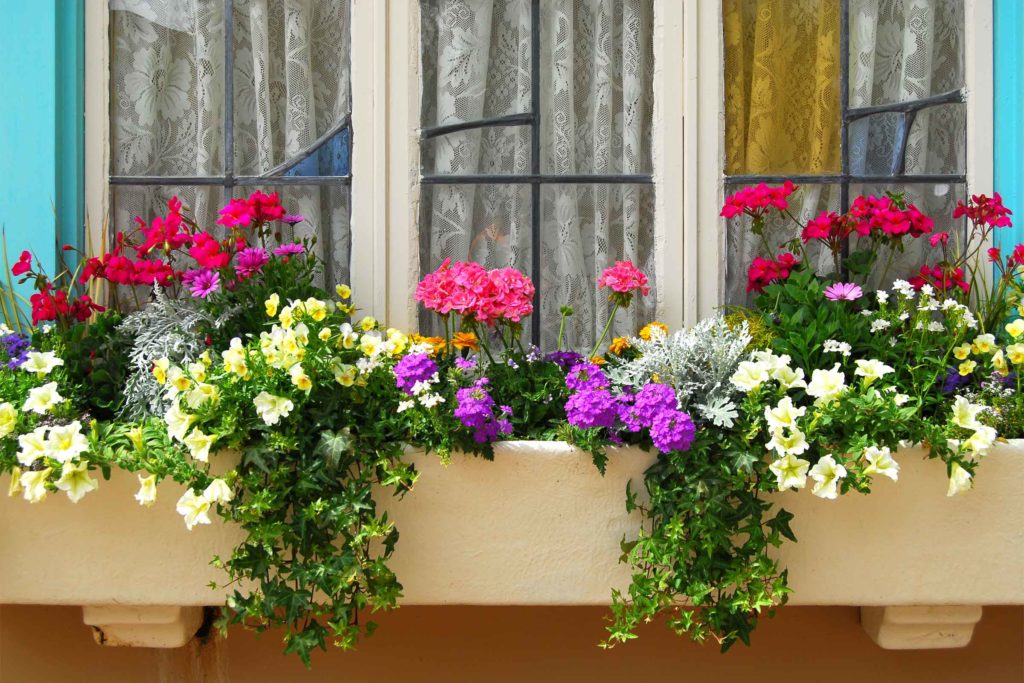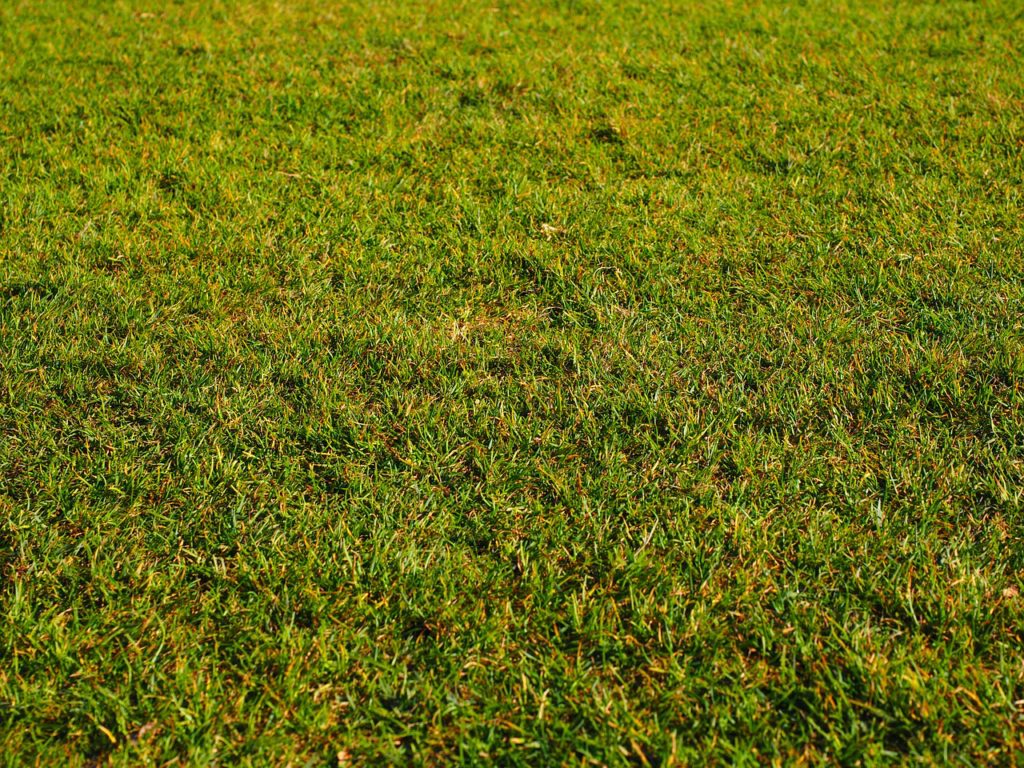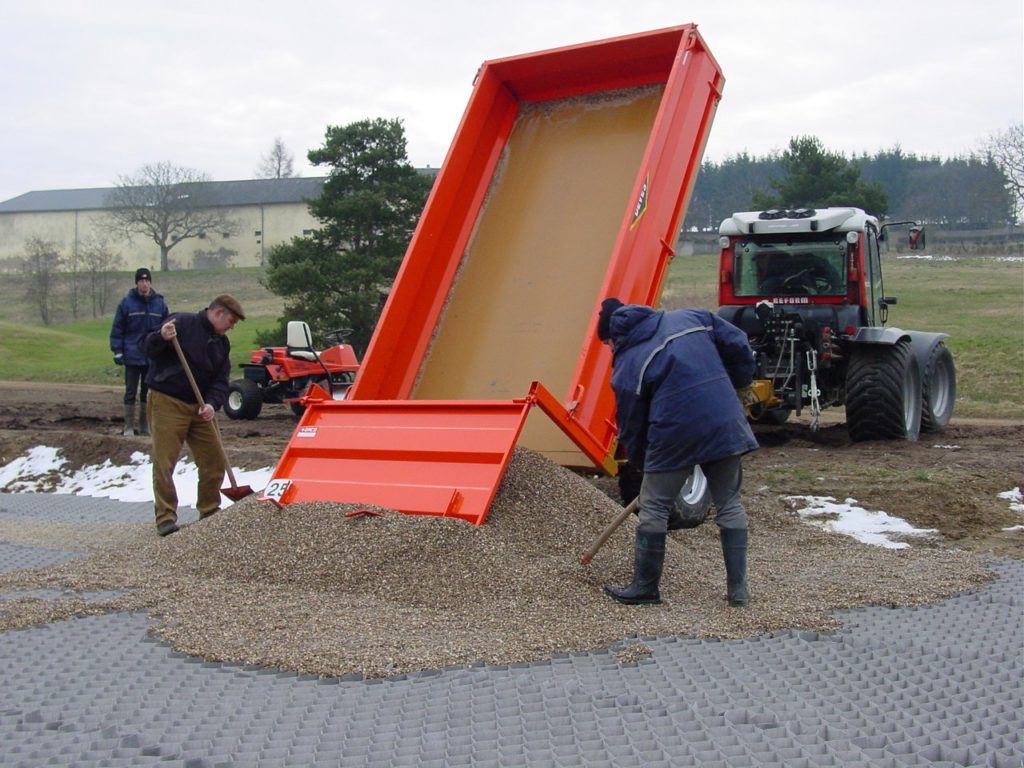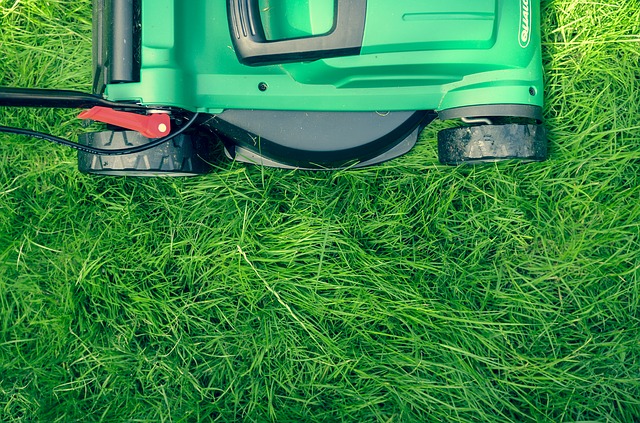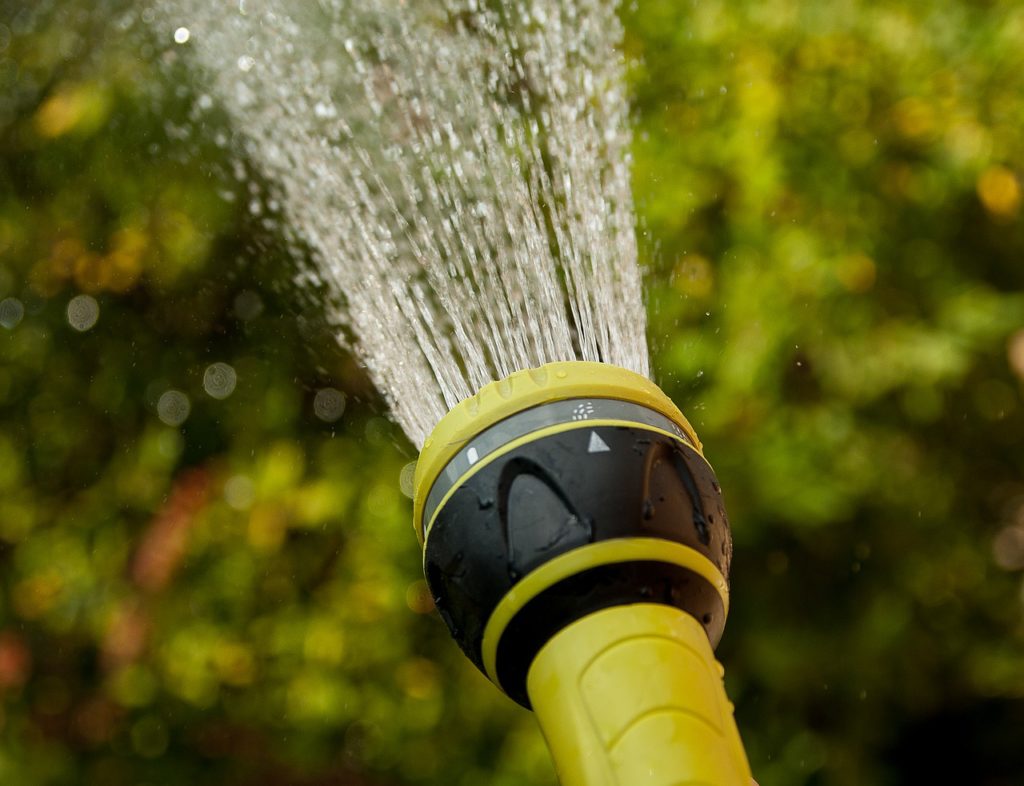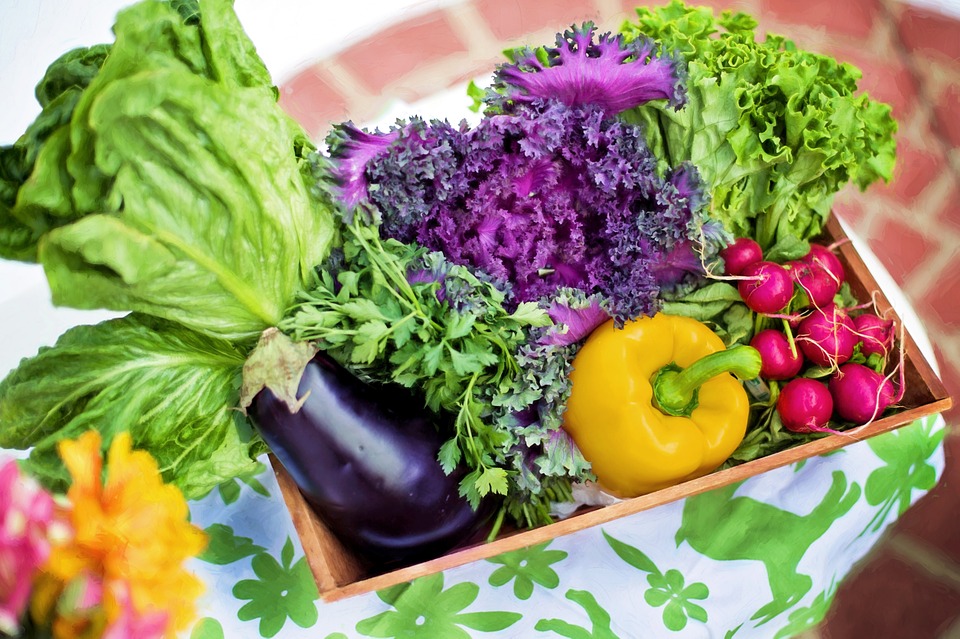
Back in the day, our ancestors did not have to go very far to buy vegetables, they just had to step out in their garden and pick up free, fresh veggies. Unfortunately, over generations, most of us have lost touch with our natural gardening instincts due to the busy lifestyle we lead. As we get older and wiser we feel the need to get back to those “roots” and luckily these days gardening is making a comeback with the younger generation as well.
Why Grow Your Own?
– Planting your own food is much healthier than store-bought, you know where it came from and exactly how it was grown.
– Not buying from stores means you won’t be supporting commercial farming that uses chemicals and pesticides and therefore your garden contributes to the eco-friendly lifestyle.
– Once you get those vegetables growing they are yours for free.
– Planting, growing, and harvesting helps you get reconnected with nature.
– Food that is home-grown tastes better than store-bought, it is often juicier and more vibrant in texture.
It’s Not That Complicated!
A garden is a fusion of air, light, and water – it is a living, breathing thing. It is important to understand the interaction between all of the elements of your garden and what those mean for your plants. This is why getting started may seem very intimidating for someone who has never tried it. So where should you begin? Start by deciding what you are going to plant by asking these questions:
– What vegetables grow best in your climate?
– What vegetables do you personally love to eat?
– Are there certain vegetables that you’d like to eat but that are difficult to find locally in stores or that are very expensive?
When you have decided what you want to plant be sure to follow the tips below to not only become more confident but help ensure success. Now is the time to stop procrastinating and start planting!
“There are no gardening mistakes, only experiments” – Janet Kilburn Phillips
Simple Tips For Beginners
– Plant your seeds where the sun shines. Some vegetables need at least 6 hours of sun a day. A good rule to follow is to remember that vegetables that carry a fruit or root need full sun (6 hours), such as tomatoes, peppers, cucumber, and squash. Those you grow for their leaves or buds will do fine with little sun, such as salad, spinach, radish, beans, and broccoli.
– You should always choose good soil. Compost is a great way to add nutrients to the soil you use as well, it can be store-bought or you can make it yourself. By sprinkling eggshells on your soil, you will give your plants a calcium boost and coffee grounds will enrich it and keep it safe from pests. Make sure the soil does not soak up the water too quickly yet does not collect the water on top.
– If plants are growing too close to each other they will compete for sunlight, water, and nutrition. Therefore make sure you space them right appropriately.
– Soak your seeds for at least 24 hours in water before you plant them. You can use an empty toilet paper roll as a biodegradable self-starter.
– Make sure to buy quality seeds that have not expired. Follow the instructions on the packet which will show how deep the seeds need to be planted and how far apart. They will also tell you how often they need to be watered and how much sunlight they need.
– Once the seeds are in the ground does not mean the job is over and you can sit back and just watch them grow. You will want to pay attention to your soil to make sure it stays moist but not over-watered.
– Weeds should be removed as they come up and don’t forget fertilizing from time to time which will give the growing process a boost. A garden needs to be looked after on a regular basis if you want to reap what you sow.
This might seem like a lot of work, but in the end, it is worth it. You’ll be improving your health and therefore overall lifestyle by growing your own healthy and chemical-free vegetables. When you experience the sight of your first sprout popping up you will instantly understand the joy and excitement that comes with such an ancient practice.
Author Bio: Matt Reilly is an operations manager and home improvement writer currently working for Reilly Roofing and Gutters in Texas. He is a promoter of sustainable living, both on a large scale and through the use of eco-friendly technology in everyday life.
Start Shopping for Gardening Supplies!
The Best Places To Find Free Composting Materials
Many people are interested in composting but feel like they don’t have access to enough organic materials. Luckily there are a range of places you can find free composting materials to get started or make your current pile bigger. Here are some of the best and easiest...
4 Steps to Get Your Garden Ready for Spring
After being cooped up all winter, you may be dreaming about harvesting from a lush summer garden. But before you get there, there’s a lot of work to be done to get the garden ready. Spring garden prep can be intimidating, especially if your garden beds have been left...
What Not To Compost
Composting has many excellent benefits. It allows you to recycle organic material which can then be used to help to enhance your soil. And of course, it’s an environmentally friendly way to reduce trash. But before you get started you’ll need to know what not to...
How To Build A Vegetable Garden That Is Both Tasty And Attractive
A healthy vegetable garden can provide you with hours of stress-busting, mental health-boosting fun and give you and your family healthy, organic produce to eat for months. If you have even a few square feet of yard space, planting a vegetable garden is easy and...
Using Eggs Shells In The Compost
There are many food scraps that people use in their compost. However, there is one that is often overlooked. Using egg shells in compost is not just a great way to help reduce waste but also boosts the nutrient content of the soil you are creating for your plants....
Using Egg Shells In The Garden
Once you learn how you can use egg shells in the garden you won’t just think about eggs solely as food. Their shells are a free way to add to the health of your soil and plants, but they also have quite a few other helpful benefits as well. Here are the best ways to...
Using Orange Peels In The Garden
Oranges are a healthy snack and ingredient but you’re most likely wasting one of the most beneficial parts, the peel. While we can’t eat them, using orange peels in the garden has many surprising advantages. Here are the top ways you can put your peels to work....
Can You Compost Orange Peels?
If you’ve ever wondered, "can you compost orange peels?" the answer is yes. Although there are a few things you should know when doing so. So here’s your fast guide! Composting Basics When composting, you’ll need to include a mix of both carbon and nitrogen-rich...
Using Urine As Fertilizer
While urine is waste, it also contains nutrients that our bodies can’t use. But your garden can! Using urine as fertilizer is free and as organic as it gets! Here’s what you’ll need to know when thinking about using it. There have actually been multiple studies that...
The Urine-Compost Connection
Composting is all about re-using organic materials. And like the majority of us, you probably have been flushing away one of the most natural ways of all to condition your compost. By adding urine compost can be given a huge boost and that is passed on to whatever...
Using Banana Peels In Compost
Can you put banana peels in compost? You bet you can! While bananas offer us some extremely important nutritional benefits that help us to stay healthy, their peels can be used to add to the health of your compost pile as well. Bananas are one of the most popular...
Using Banana Peels In The Garden
Bananas are both delicious and healthy. And you may have wondered after finishing your morning shake or afternoon snack whether those peels you’ve been throwing away for years could be used for other things. What can you do with banana peels? It turns out quite a lot,...
Common Gardening Injuries And How to Avoid Them
While gardening isn’t necessarily the most dangerous pastime one can think of, injuries do occur. Recent data suggests that in the US alone, over 300,000 gardening injuries occur annually. So whether you are a seasoned gardener or are just beginning, it’s important to...
Just Moved? How To Safely Transport Your Plants Into Your New Garden
It can take years of planting and care to create a magnificent garden. That’s why the prospect of relocating or moving houses can induce anxiety in gardeners. Whether you plant ornamentals, or if you grow your own vegetables, having to start over can be a daunting...
Filling Those Window Boxes: Flower Species That Thrive With Container Gardening
Those traditional window boxes overflowing with flowers may remind you of summer cottages or childhood dreams. This particular feature is one that you want at your home all year-round. Container gardening for window boxes takes a certain flair for picking out the...
Why You’ll Want To Revamp Your Garden with Artificial Grass
Installing an artificial lawn is an easy and attractive way to improve and revamp your garden. This is because an artificial lawn is like a real lawn, only much better! Artificial grass has been developed to such a high-quality standard that it looks and feels as...
The Best Grass Types For Creating A Drought Tolerant Lawn
Many of us live in dry and arid places. There are many locations around the world that unfortunately for your lawn don’t get much rain throughout the year. For people who live in these places, a green, healthy-looking lawn can seem impossible to have and maintain....
Garden Drainage: How to Avoid a Waterlogged Garden & Patio
Many locations around the world get a lot of rain. With an average of 33 inches of rain per year, this is especially true in the U.K. where it is rare for a day to pass that it is not raining somewhere. Regardless of where you live this can lead to problems with...
Easy Lawn Care? Experts Say It’s Possible With These Tips!
There's no way around it: If you want a lush lawn, you have to work for it. That entails putting in a lot of time, effort, and yes, money. And even if you are hiring experts in lawn care, you will still need to shoulder some of the responsibilities involved. That does...
Water-Wise Landscaping: Avoid Cultivating These Types Of Plants
Water is one of the primary needs of all plants. They need to receive the right amount of hydration to grow and thrive properly. You can ensure your plants get the hydration they need by watering them regularly using a garden hose or watering can, or by having a...



